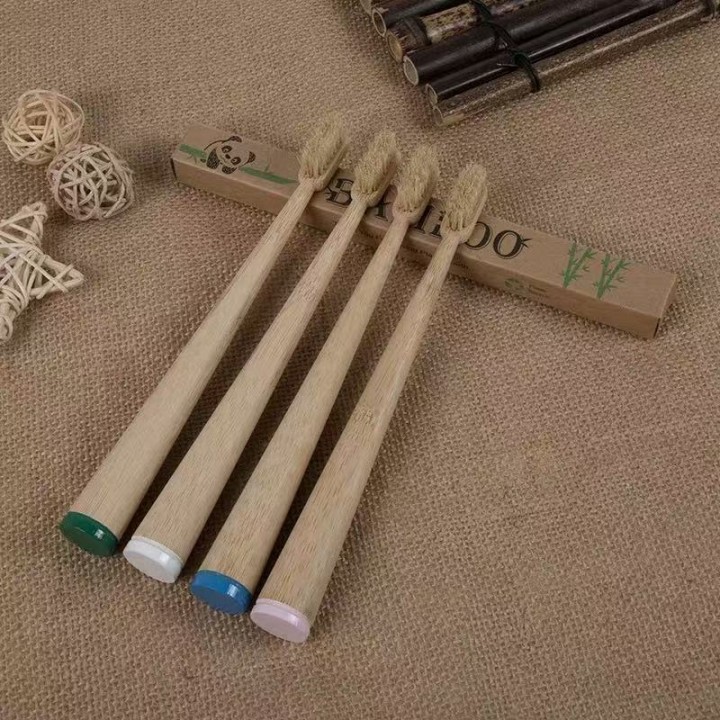How to Choose and Care for Your Bamboo Toothbrush
2025-05-16
More people are switching to bamboo toothbrushes as an eco-friendly alternative to plastic, but choosing the right one and knowing how to take care of it properly ensures you get the best experience. Here’s everything you need to know about picking and maintaining a bamboo toothbrush.
How to Choose a Bamboo Toothbrush
1. Bristle Type
Soft Bristles – Recommended by dentists for gentle cleaning.
Medium Bristles – Good for people who want more scrubbing power.
Charcoal-Infused – Claimed to have whitening and antibacterial benefits.
2. Biodegradable vs. Partially Biodegradable
Some toothbrushes have nylon bristles which aren’t biodegradable, while others use plant-based alternatives. If full compostability is important to you, check the packaging carefully.
3. Handle Shape and Size
Look for ergonomic handles that fit comfortably in your hand. Some handles are straight, others slightly curved for better grip.
4. Packaging
Opt for toothbrushes that come in recycled or recyclable paper packaging, avoiding plastic.

Caring for Your Bamboo Toothbrush
1. Keep It Dry
Bamboo is natural wood and can absorb water. Always store your toothbrush upright in a well-ventilated area to prevent mold.
2. Replace Every 3 Months
Just like any toothbrush, bamboo brushes should be replaced every 2–3 months or sooner if the bristles are frayed.
3. Disposal Tips
Remove the bristles with pliers before composting the handle.
Compost or recycle the handle depending on local guidelines.
4. Avoid Soaking
Don’t leave your toothbrush soaking in water or mouthwash, as it may degrade faster.
Conclusion
A bamboo toothbrush is a sustainable and effective choice for oral hygiene, but its benefits go beyond clean teeth—it helps reduce your environmental footprint. By choosing wisely and maintaining it properly, your bamboo toothbrush can be both a personal care essential and an eco-conscious statement.


